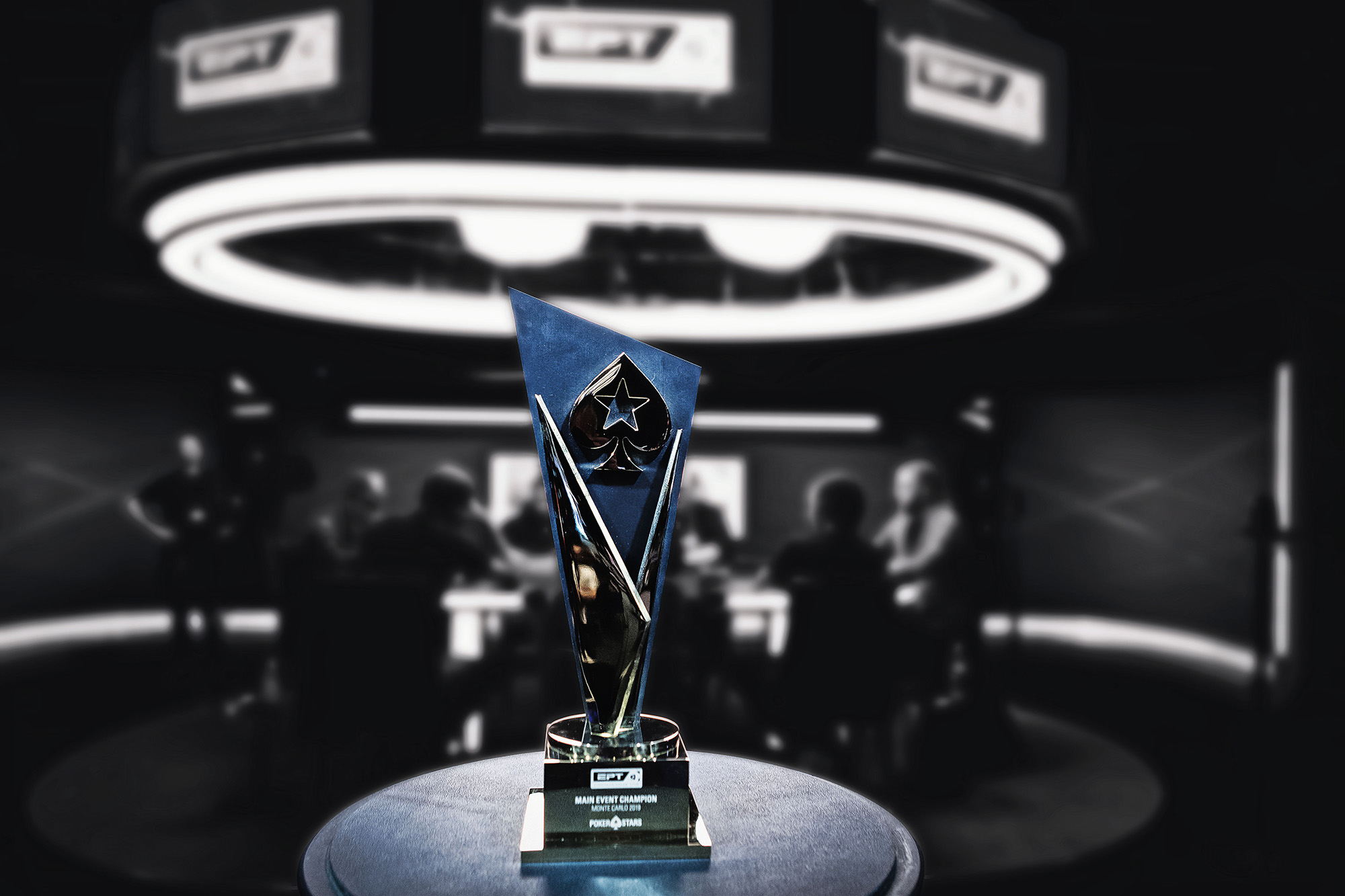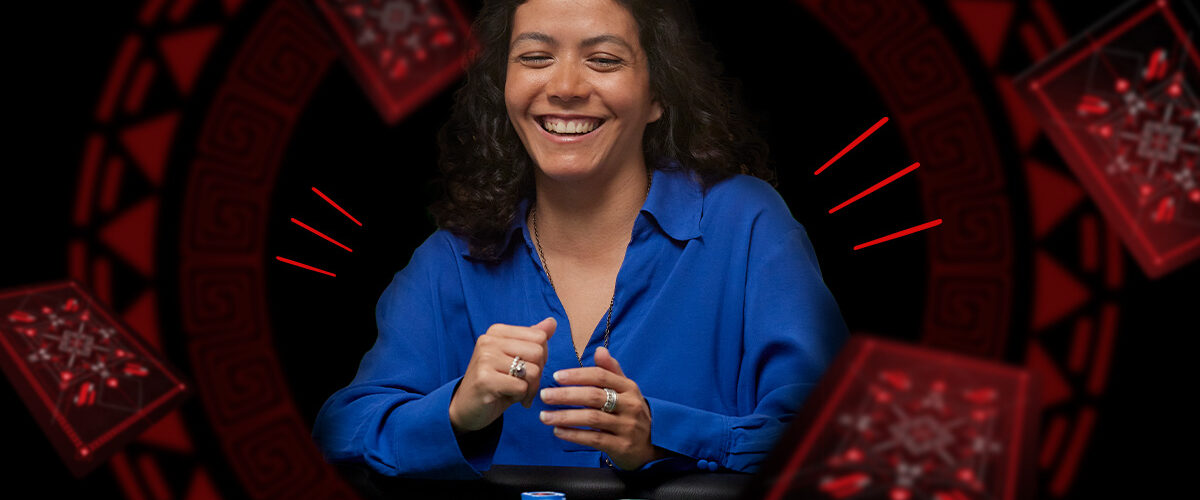Surviving and Winning a Big Poker Tournament
Buying into a poker tournament like a WCOOP Main Event or the Sunday Million can be a daunting experience. One look at the lobby and you’ll see thousands of other players also seated and battling it out to win the tournament. It will feel like an impossible task to outlast all of these opponents, make the final table and go on to win. However, there is no need to approach a huge poker tournament with this outlook. It is possible to go all the way and win – here are some tips to give you the best chance of succeeding…


Don’t get ahead of yourself
Avoid concentrating on the total number of players in the tournament and focus just on what is happening at your own table. This is the only place where you have any influence – the other tables will take care of themselves. In a tournament with hundreds or thousands of players you will be playing poker for a long time before the major prizes are handed out.
It is crucial to remember that you can’t win the tournament in these early stages. Resist the temptation to look at how many chips the chip leader has early on; it’s irrelevant. The only thing to concentrate on is how your stack compares versus the blinds.
If you are in a comfortable zone – for example, your stack is over 25 big blinds – then there’s no need to panic even if you’re the shortstack on your table. Just continue playing your own game and, if you continually make correct decisions, the chips will come your way eventually. It’s only in the later stages of the tournament, when you reach the bubble or the remaining couple of tables, when being aware of how your opponents are doing can be an important part of your own strategy.
The crucial middle stages
In many ways, navigating through the middle stages of the tournament – where the blinds are getting higher but the bubble is still far away – are the most difficult of all. It’s at this point where your strategy should shift and you should try to loosen up your game a little bit.
In the early stages there’s really no benefit in trying to steal the blinds as they are so small. Instead, focus on making a hand and trying to get maximum value from it. But once you hit the middle stages those blinds are suddenly quite valuable, especially if antes are also involved. If it’s folded to you in late position, try and steal the blinds as much as you can. You don’t need a strong hand when you do this because you’re raising to steal, hoping there won’t be a flop. Even if the small or big blind calls then a simple continuation bet can win it for you anyway.
There will be a much wider spread of stack sizes in the middle stages that you should pay attention to. It’s probable that on your table you will have short stacks of less than 10BBs, medium stacks of 25-35BBs and chip monsters of 50BBs+. This creates a very different conundrum from the early stages when everyone essentially has the exact same stack.
It’s very important that you analyse the stack sizes of the players around you before you make a move. For example, don’t raise a weak hand like 5-4 suited when the three players left to act all have between 10-20BBs. It’s very possible one will shove on you, leaving you unable to call. But if you have that hand and the players left to act have between 25-35BBs, it’s a perfect hand to open as they are more likely to call or fold rather than shove.
The Bubble
As with most situations in poker, it’s just as important to be aware of what your opponents are doing on the bubble as what you are doing. In a huge field tournament, you will have been playing for hours (or maybe even days in a live event) to get to the bubble stage. For many players, this will be a large emotional investment and, after spending so much time and energy, the prospect of busting without making the money is unthinkable.
There are two things to do here; the first is to avoid this mindset yourself. Cashing is nice, but the main reason to play big tournaments is to try and make it to the final table and go on to win – that’s where the huge prizes are. If you play super tight and allow yourself to be run over on the bubble then you will often cash but you’ll be so short in chips that you deny yourself the opportunity of going much further.
The second thing to do is exploit players who are thinking in this manner. If you see a player folding too many hands (as perhaps you used to do) then make sure you try to steal their blinds every single time! They will only play back at you with a monster so your decisions will be easy. Even if you see a flop you can rest assured that they will fold their hand by the river if it’s not very strong – assuming you have the chips to do so put pressure on them and watch them fold over and over again.
The period leading up to and around the bubble is often tense and filled with tight play. However, as soon as that bubble breaks get ready for carnage! All of those sub-10 big blind stacks that were desperately clinging on to make the cash are now all too happy to ship their chips into the middle and gamble it up to build a stack. This can be yet another chip-making opportunity for you if you are paying attention.
You should lower your standards for calling these shoves. Let’s say you face a jam for 9BBs the very first hand after the bubble breaks; I’d now want to be calling with pairs 44+, K-9+, A-7+ and even hands like Q-J suited. This is a significantly looser range than if you were at a ‘normal’ stage of the tournament, and reflects how loose and crazy the play often is directly after the bubble. Score a few of these knockouts and suddenly you could rise from a medium stack to one of the leaders, setting you up for a sprint to the final table.


Taking it Down
By this point, you’ve outlasted hundreds or even thousands of other players and the finishing line is in sight. It feels as though you have done all of the hard work already, but nothing could be further from the truth.
Every decision that you make in the late stages is much more crucial than any you will have made previously – because the stakes are so much higher. Think of it this way; on the bubble you are going to double your money at best if you get a min-cash. Yet if you go on to win the tournament you can win your initial buy-in many hundreds of times over!
At this stage, it’s more important than ever to pay attention to every last detail in the tournament. If you are down to just a few tables it’s a good idea to open up the other tables in the PokerStars client and keep an eye on how the other players are playing. This extra information could come in crucial on the final table.
A new variable to contend with is that the tournament will stop being full ring the later it goes, and there’s a big difference between playing 9-handed poker and, say, 5-handed poker. As you approach the final table the tables will be balanced out automatically by the software to ensure that it’s fair for all players. This could mean you end up playing short-handed – if that’s the case then you have to adjust your game.
The main adjustment to make is that you must play looser and more aggressive the fewer players there are. With less players to play against the average hand strength is going to reduce significantly, so whereas a hand like 99 might be decent with 8 players, it suddenly becomes a monster with just 4 players. This concept is obviously especially important on the final table where you will be playing with a different number of opponents every time one gets eliminated.
Test your knowledge with our short quiz below


